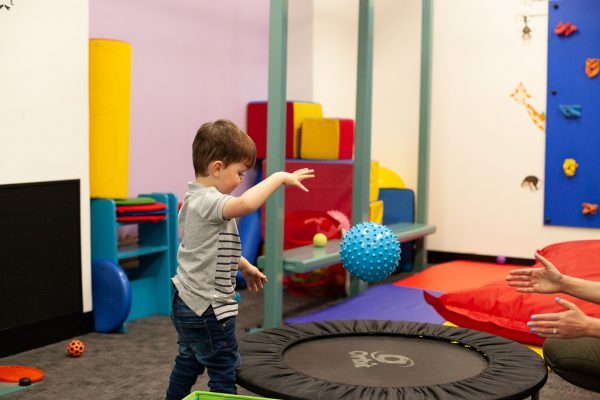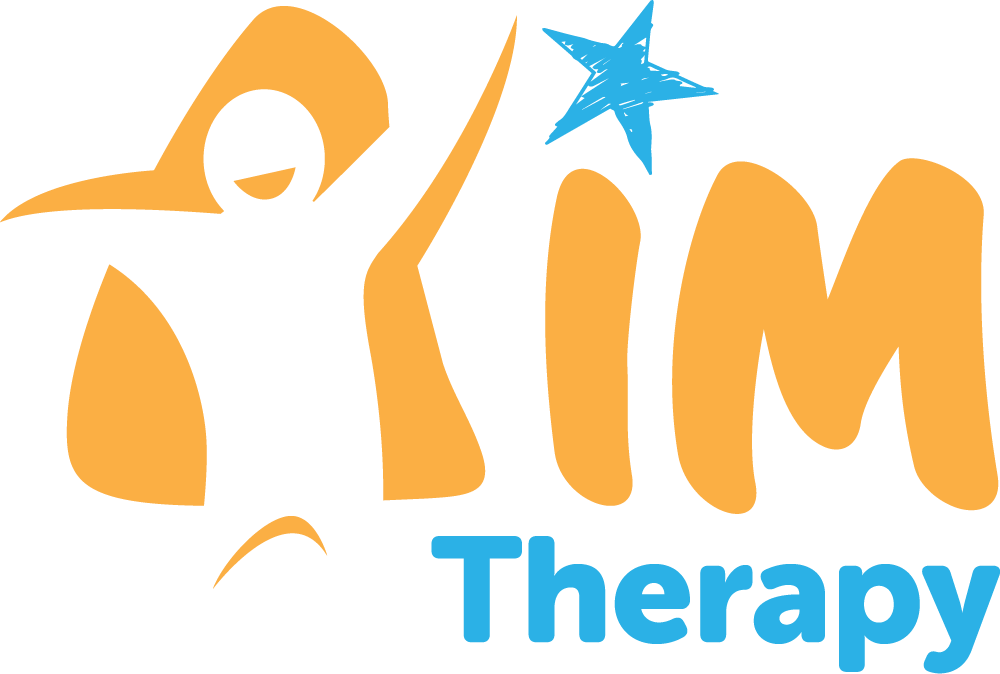Signs of Gross Motor Skills Delays in Children & How Physiotherapy Can Help
Gross motor skills, the fundamental abilities to control and coordinate large muscle groups for activities like walking, running, jumping, and throwing, are crucial for a child’s physical development. When children face difficulties in acquiring these skills, it can impact their overall growth and daily life.
Understanding Gross Motor Skills Issues

Gross motor skills involve the coordinated effort of multiple muscle groups, including the legs, arms, and core, as well as the development of balance, coordination, and spatial awareness. Children with gross motor skills issues may exhibit delays or difficultie
s in crawling, standing, walking, or participating in sports and recreational activities. Such delays can stem from various factors, including developmental disorders or musculoskeletal problems like hypermobility.
Signs of Gross Motor Delays
Recognising the signs of gross motor delays is essential for early intervention and support. Parents and caregivers should look out for the following signs in children:
- Late Milestones: If a child is significantly behind in achieving developmental milestones like rolling over, crawling, or walking, it could indicate a gross motor delay.
- Lack of Coordination: Difficulty in coordinating movements, such as having trouble with catching or throwing a ball, or struggling to use scissors or utensils, may point to motor skill issues.
- Balance Problems: Frequent loss of balance, trouble riding a tricycle, or inability to stand on one foot for a few seconds may suggest difficulties with balance.
- Difficulty with Stairs: Children might find it challenging to navigate stairs or step up and down with one foot on each step.
- Toe-Walking: Prolonged toe-walking, where a child habitually walks on their toes instead of their full foot, can be a sign of muscle tightness or other motor issues.
- Frequent Falling: Excessive falling, tripping or bumping into objects may be related to balance, proprioception or coordination issues.
- Poor Posture: struggling to maintain an upright posture in sitting or standing may indicate poor muscle control.
The Role of Physiotherapy
Paediatric physiotherapists work closely with children and their families to address a wide range of physical challenges. Here’s how physiotherapy can significantly benefit children with gross motor skills issues:
- Assessment and Diagnosis: physiotherapists conduct comprehensive assessments to identify the specific issues affecting a child’s gross motor skills, taking into consideration the signs mentioned above.
- Customised Treatment Plans: Based on the assessment, physiotherapists design personalised treatment plans to target the child’s specific needs. These plans may include exercises, stretches, and activities aimed at improving muscle strength and coordination.
- Early Intervention: Early intervention is crucial for children with gross motor skills issues. Paediatric physiotherapists can start working with children as soon as issues are identified, maximising the potential for improvement during critical developmental stages.
- Improving Mobility and Function: Physiotherapy helps children build the necessary strength and coordination to achieve developmental milestones like crawling, standing, and walking. It also enhances their ability to participate in daily activities and sports, boosting their confidence and independence.
- Pain Management: For children with musculoskeletal issues, physiotherapy can provide pain relief and teach coping strategies, ensuring a better quality of life.
- Family Involvement: Paediatric physiotherapists involve families in the treatment process, teaching parents and caregivers how to support their child’s progress through exercises and activities at home.
By addressing motor delays promptly and providing specialised support, we can empower these children to overcome their obstacles, fostering physical independence and a fulfilling life rich in physical activities. AIM Therapy can help children with gross motor skills issues by providing structured, play-based interventions that target specific motor challenges, facilitating improved coordination and physical development.
